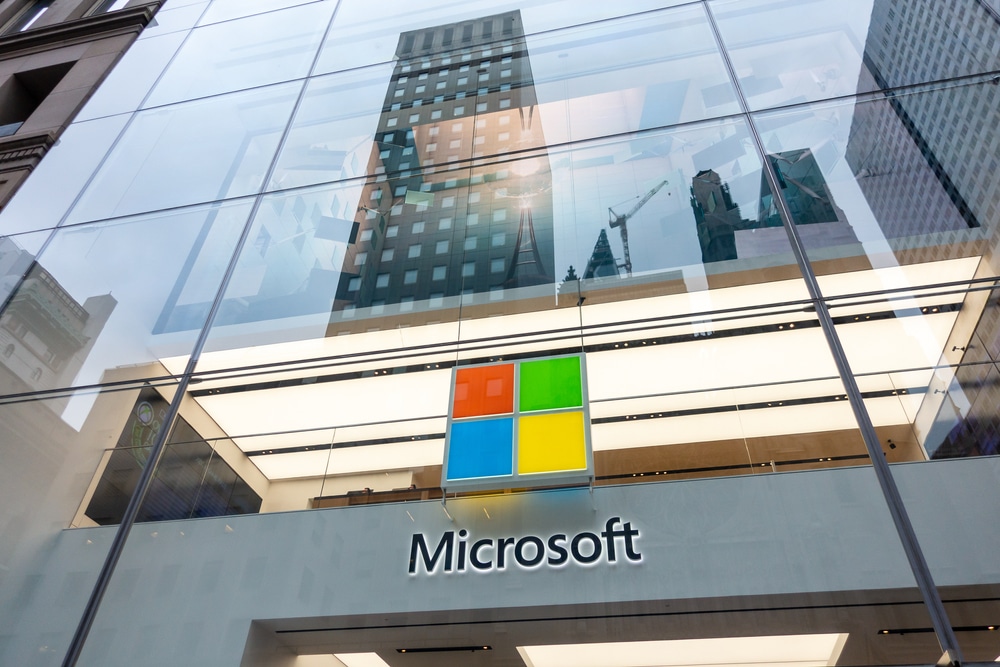Exclusive Q&A: Being a corporate security leader


James Thorpe
Share this content
International Security Journal sits down with Stephen Chambers, Director of Security EMEA at Microsoft to find out a little more about the day-to-day challenges facing corporate security leaders.
Could you provide a brief summary of your background in the security industry please?
My professional career began in 1981 when I joined the Royal Hong Kong Police Force. I served for 16 years with the RHKP, most of that time leading investigations into serious and organised crime. I retired from the force in 1997 and joined the United Nations Yugoslavia War Crimes Tribunal, where I led a team investigating war crimes and crimes against humanity committed during the Balkans Wars between 1991 and 2001. In 2004, I returned to the UK where I was recruited by the Foreign and Commonwealth Office as the Head of International Policing, responsible for deploying and managing UK police officers who volunteered to serve in international peacekeeping and post-conflict operations. In 2010, I moved to the corporate security sector, joining Microsoft Global Security.
What lessons did you learn from these roles that have helped you at Microsoft?
While in Hong Kong, I built significant expertise in leading complex investigations. After that, I had the opportunity to strengthen my ability to lead diverse, multi-disciplined, multi-national teams in international and multi-cultural environments. In hindsight, this gave me invaluable experience for my role in Microsoft where I lead teams responsible for life safety and physical security across more than 120 countries, 14 different time zones and a range of complex risk environments.
How has your role developed since you joined Microsoft?
I joined Global Security as a Senior Investigator for the EMEA region and was then appointed to lead the EMEA Investigations team. In 2017 I was also given responsibility for leading our regional Background Screening team and programs and in 2019 I was appointed as the Regional Director of Security for the EMEA region.
Could you tell us a little more about your current role at Microsoft please?
As Regional Director I lead the EMEA Global Security teams responsible for Physical Security Operations, Investigations and Background Screening. Our core priorities are protecting the life safety of Microsoft employees, visitors and guests and providing physical security protection to Microsoft’s corporate assets. Across the region we have over 180 sites and offices and over 37,000 full-time employees and 17,000 external vendor staff. I am part of the Global Security Leadership Team which comprises myself and my peer Regional Directors for Asia and the Americas, as well as our Directors for Executive Protection and Risk Operations and our Chief Security Officer, Brian Tuskan.
What are the biggest challenges that you are facing on a daily basis at the moment?
The geo-political tensions in Eastern Europe require a lot of focus and we are working to execute mitigation strategies to keep our staff and properties safe and secure. More broadly, we continue to respond to the ever-changing dynamics of the COVID pandemic and we’re working proactively to innovate physical security to support a growing hybrid workplace environment. Additionally, EMEA is home to more than 70% of the world’s Extreme and High Risk countries, so as business travel begins to increase, we will ramp-up our focus on the safety and security of our travellers.
How has the threat landscape evolved in EMEA over the last five years?
In terms of life safety and physical security, much of the threat environment remains constant; geo-political unrest; terrorism; domestic extremism; organised crime and espionage; staff travelling to extreme and high-risk countries; and individual actors who pose threats of violence or threats to assets. One area which has evolved significantly over the last five years is the collaboration and partnership between physical and cybersecurity teams. Many modern threats involve both cyber and physical avenues of attack, so it’s vital these distinct security functions work in close coordination for the successful protection of the enterprise and our people.
What advice would you give to other security leaders working in the region?
Throughout my career my prime focus has always been on building diverse, collaborative and high performing teams and I think organisational and leadership culture is the key to success. Modelling teamwork and trust; exercising and encouraging curiosity and opportunities for development; and identifying and creating leadership opportunities at all levels of the team. I firmly believe that the ideal scenario is to create a “team of leaders”. This helps create an environment of excellence which is beneficial for your team and the company but also enables a security leader to enhance staff retention and effectively plan for succession.
What have been the proudest achievements of your career so far?
I have been proud to lead teams that carried out successful investigations into numerous serious and complex domestic and international crimes and I was proud to be able to manage and support the deployment of brave and dedicated UK police officers, who volunteered to serve in missions in some of the most dangerous and hostile environments in the world. I believe that the work we did with the UN War Crimes Tribunal, enabled bereaved families to learn more information about what had happened to their loved ones, hopefully allowing them at least some degree of closure. The most rewarding part of my role at Microsoft has been the ability to build diverse and inclusive teams, which have broken boundaries and stereotypes and redefined who can be the successful and future leaders in corporate security.

You can connect with Stephen on LinkedIn here



